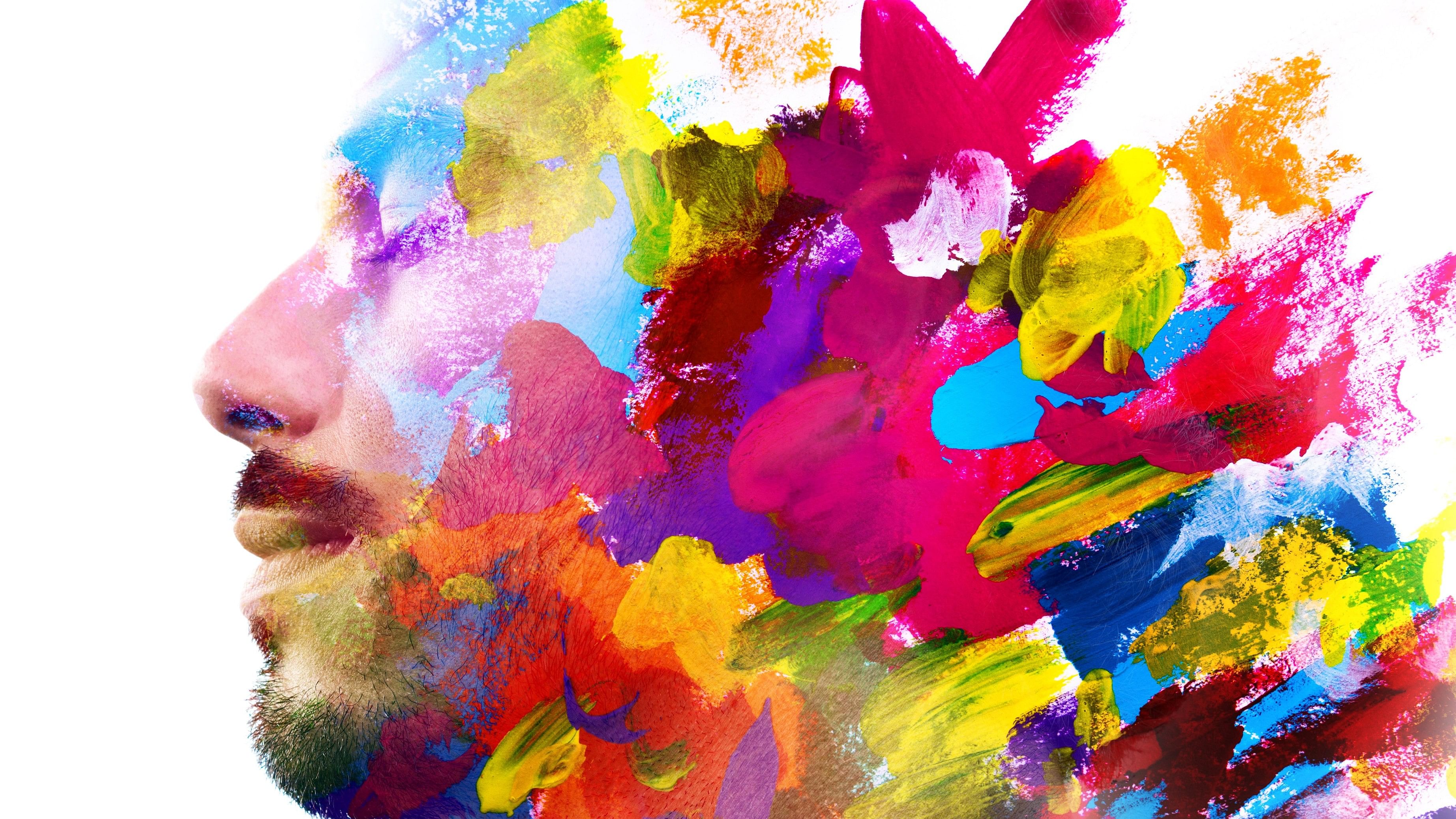
Of queerness and Dhamma (Representative image.)
Courtesy iStock
The intersection of faith and identity often leads to profound revelations in the quest for spiritual understanding. My recent experience at a meditation retreat in Meerut, Uttar Pradesh, challenged my perceptions of Dhamma (or Dharma) and its implications for queer individuals. Here’s a reflection on my journey and the urgent need for inclusivity in spiritual contexts.
As a queer individual with a history of depression, anxiety, and personal challenges, I recently embarked on an ambitious journey to a secluded meditation centre in Meerut, Uttar Pradesh, to learn the Vipassana technique. This ten-day programme offered a sanctuary for introspection and spiritual exploration, adhering to the strict Vipassana rules of complete isolation, with no access to phones or technology, and a vow of silence.
I emerged with a deep sense of lightness, joy, and mental clarity upon completion. The isolation from the outside world allowed me to realise that many of our personal demons are self-created. We have the power to both create and overcome these challenges — and, as clichéd as it may sound, that is the path to mental peace. However, my resolve was soon tested. Once the vow of silence ended, several attendees approached me with concerns about my body language and attire. As an effeminate person who has been bullied throughout my school life for my gender expression, I was accustomed to such scrutiny; yet, I was caught off guard that day. Despite adhering to the programme’s rules with sincerity and respect, I found myself facing unexpected scrutiny. One gentleman even suggested, with an air of concern, that I should see a doctor for homeopathic therapy to address what he perceived as excess female hormones in my body — a misguided assumption linking my feminine demeanour to a deviation from conventional masculinity.
Others intrusively enquired about my marital status, insinuating my non-normative sexuality despite my not disclosing my orientation or identity to anyone. While this curiosity stemmed from a place of genuine concern, it led me to deeper self-reflection about societal norms and expectations.
Dhamma: A shared principle across faiths
During our lectures with our late Guruji, we discussed Dhamma, which underpins the Vipassana practice. While each religion interprets Dhamma differently, the underlying principles of compassion and righteous living remain consistent. This made me question: Why are queer individuals often made to feel as though they are straying from the path of Dhamma simply because of their identity? Is the cis-heterosexual norm the only dharmic norm?
In Islam, the principle of Futuwwah embodies virtues like hospitality, compassion, and love for creation. In Hinduism, Dharma encompasses all ideals and institutions shaping character, leading to spiritual freedom or Moksha. Christianity emphasises love for God and one’s neighbour as fundamental.
All these traditions share a commitment to virtue, yet I’ve observed a troubling disconnect between these ideals and the treatment of marginalised communities, particularly queer individuals.
Faith & marginalisation
This disconnect becomes glaringly evident during significant events, such as the Supreme Court hearings on marriage equality in India. Religious leaders from various communities united in opposition to petitions for equality, forcing petitioners to seek relief under the secular Special Marriage Act (1954). This raises critical questions: Why must queer people choose between their faith and sexuality even in matters of constitutional equality? If sexuality is not a choice, does that mean queer individuals must abandon their faith to be recognised as equal citizens? This situation is neither fair nor just.
Bee Scherer, a noted Buddhist-queer activist-scholar, argues that legal changes alone are insufficient for queer equality. Compassion and love must drive societal change. In a public lecture on Buddhism and sexuality, they challenged the audience to embrace queer liberation, emphasising that rejecting an LGBTQ+ child is antithetical to Buddhist teachings. What is needed, they assert, is action dharma — social engagement advocating for human rights and equality.
Embracing inclusion
The tide is slowly changing. Pope Francis has made strides in addressing queer rights, pushing the Catholic Church towards greater inclusion. While he still believes in traditional marriage, his efforts to harmonise love and equality with the rights of queer people are commendable. This incremental change sets a precedent for leaders across all faiths to emulate.
I hope that, over time, more individuals recognise that enacting discriminatory behaviour toward those who do not conform to cisgender and heterosexual norms contradicts the principles of Karuna (compassion) and Ahimsa (non-violence). Practices like conversion therapy and forced heterosexual marriage violate dharmic principles rather than uphold them.
History has shown that it took humanity millennia to understand that Dharma should not justify discrimination against oppressed castes. Today, some still cling to outdated casteist hierarchies, which are deeply wrong. I hope that, similarly, the rights of women and queer individuals will someday be acknowledged as compatible with Dhamma.
We must also interrogate the historical exclusion of marginalised communities from mainstream narratives and work towards rectifying this injustice. If compassion, kindness, and inclusivity are truly fundamental values for social harmony, then addressing the systemic discrimination faced by queer individuals and other marginalised groups is essential. Everyone deserves to live with dignity, equality, and respect in society.
(The author is a Communications Manager at Nyaaya, the Vidhi Centre for Legal Policy and can be reached at sahgalkanav@gmail.com)